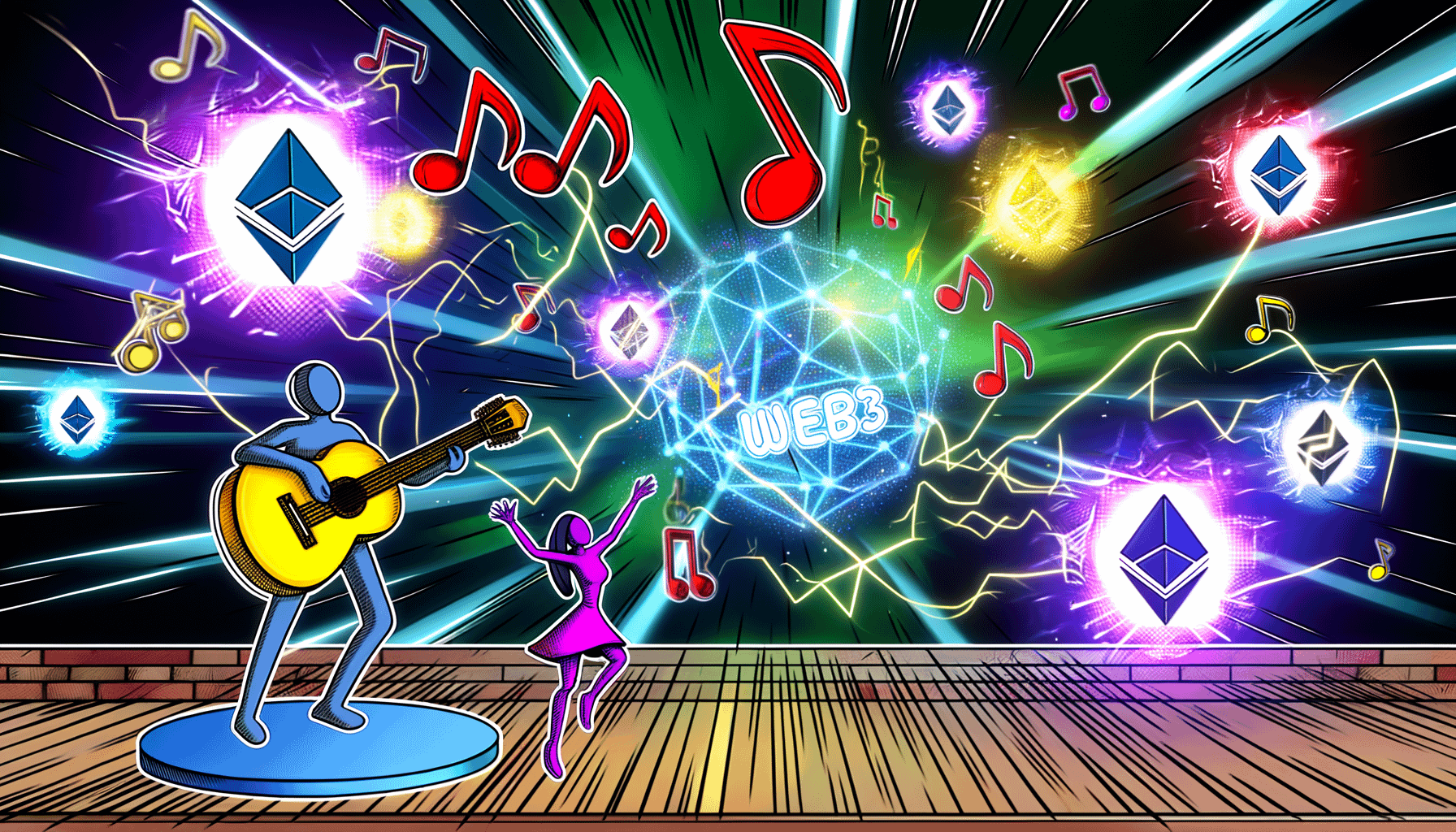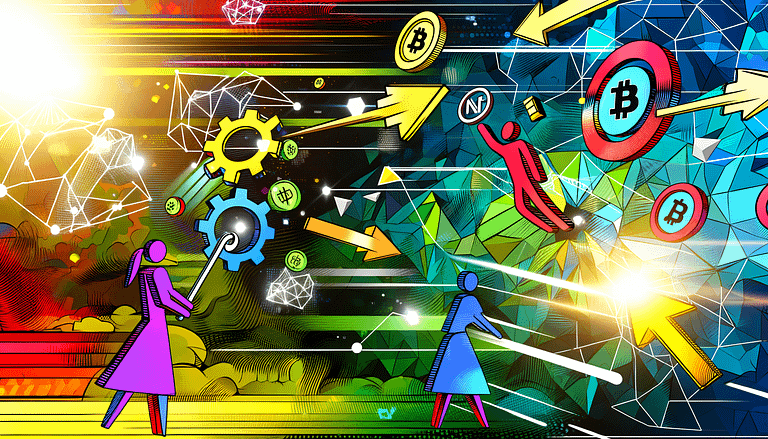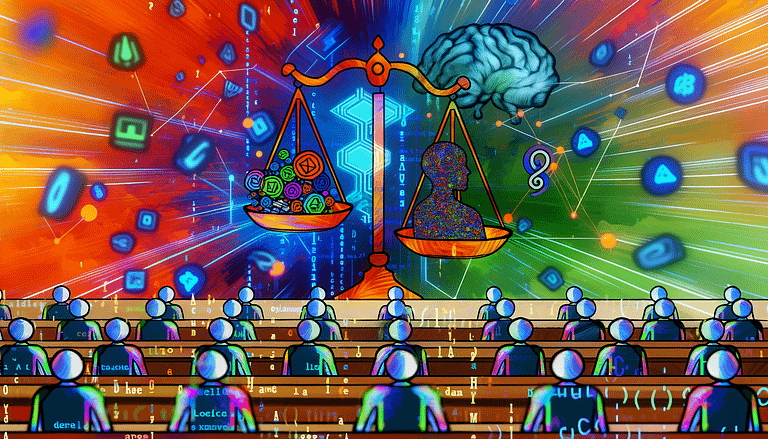Web3 Revolutionizes Music: Artists Embrace NFTs
In A Nutshell
The digital evolution of the music industry has taken a significant leap with the advent of Web3, offering artists an innovative avenue to tokenize their content, thereby promising a more interactive and rewarding experience for both creators and their communities. With platforms like Gala Music leading the charge by facilitating exclusive partnerships with renowned artists, the question arises: what do musicians really think about stepping into the Web3 domain to connect with their audience?
Tokenization: A New Era for Artist-Fan Engagement
The concept of tokenizing content in the Web3 space presents an unparalleled opportunity for artists to cultivate a deeper connection with their fans. Through the use of non-fungible tokens (NFTs) and other blockchain technologies, musicians can offer exclusive access to content, create unique fan experiences, and even directly reward loyal supporters. Noteworthy collaborations, such as those by Gala Music with stars like Anderson .Paak, Snoop Dogg, and Macy Gray, exemplify how artists are reimagining the way they interact with their fanbase in this new digital landscape.
Artists’ Perspectives on Web3 Opportunities
The move towards Web3 has been met with enthusiasm from artists across the board. Jay Evan Jackson, also known as Laganja Estranja, expressed excitement about exploring the Web3 space, viewing it as a fresh avenue to provide fans with the intimate content they have long desired. Similarly, Macy Gray sees this technological shift as a thrilling evolution in music distribution, enabling artists to launch new music in a manner that is both innovative and potentially more profitable. Snoop Dogg appreciates the direct feedback loop that Web3 facilitates between artists and their community. Moreover, pioneering rapper Money-B values the direct interaction with fans and the alignment of Web3 with his ethos as an early tech adopter.
Advancing Creativity and Connection
The embrace of Web3 tools by the music industry is not merely about adopting new technologies for the sake of innovation. It represents a fundamental shift in how artists create content and engage with their audiences. Harvey Mason Jr., CEO of the Recording Academy, highlighted that music has historically been at the forefront of technological adoption. Web3 is the latest in a series of advancements that have continually shaped and reshaped the music creation and consumption landscape.
Our Take
The integration of Web3 into the music industry marks a pivotal moment in the ongoing evolution of how music is created, shared, and enjoyed. As artists explore the myriad possibilities offered by tokenization and other blockchain technologies, they not only open up new channels for creativity and interaction but also pave the way for a more inclusive and mutually beneficial artist-fan relationship. While the full impact of Web3 on the music industry remains to be seen, the initial enthusiasm and innovative uses by early adopters suggest a promising future where technology further democratizes music creation and consumption, fostering a closer bond between artists and their communities.






